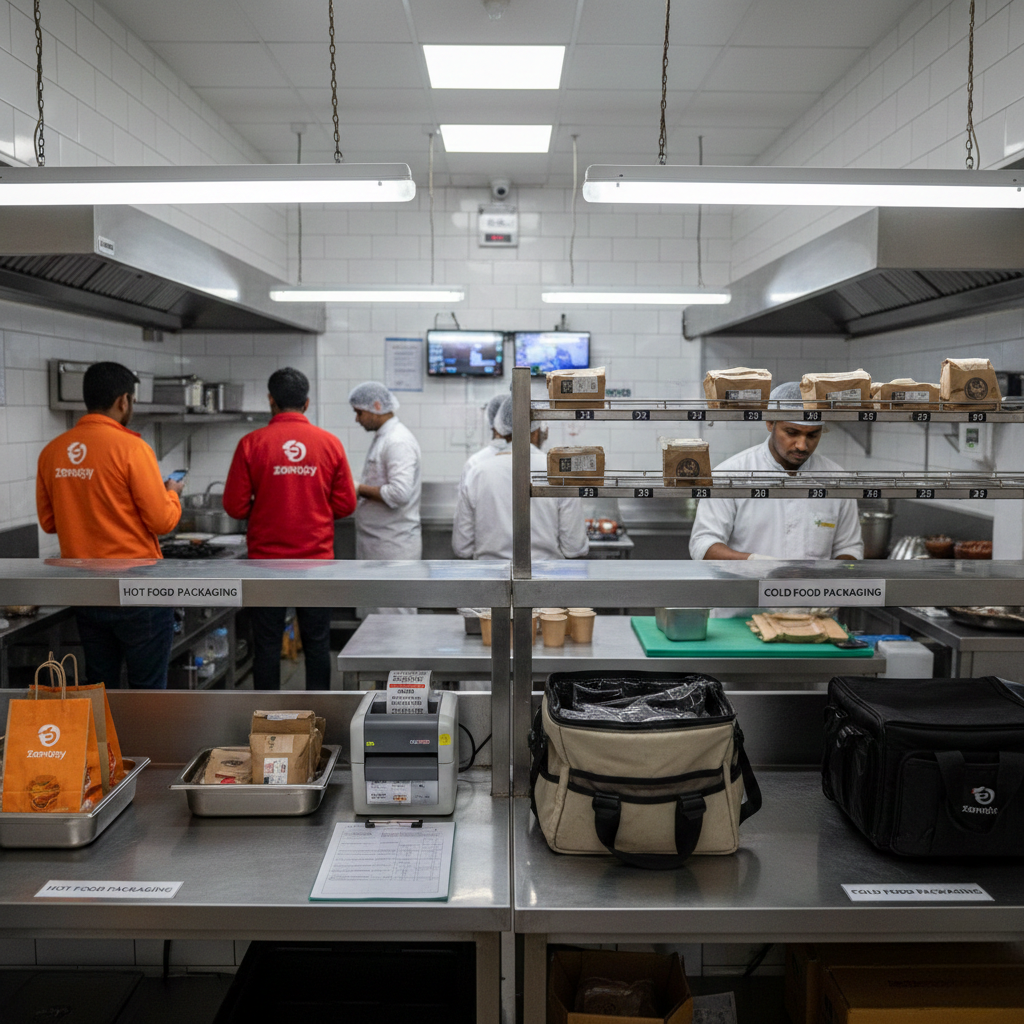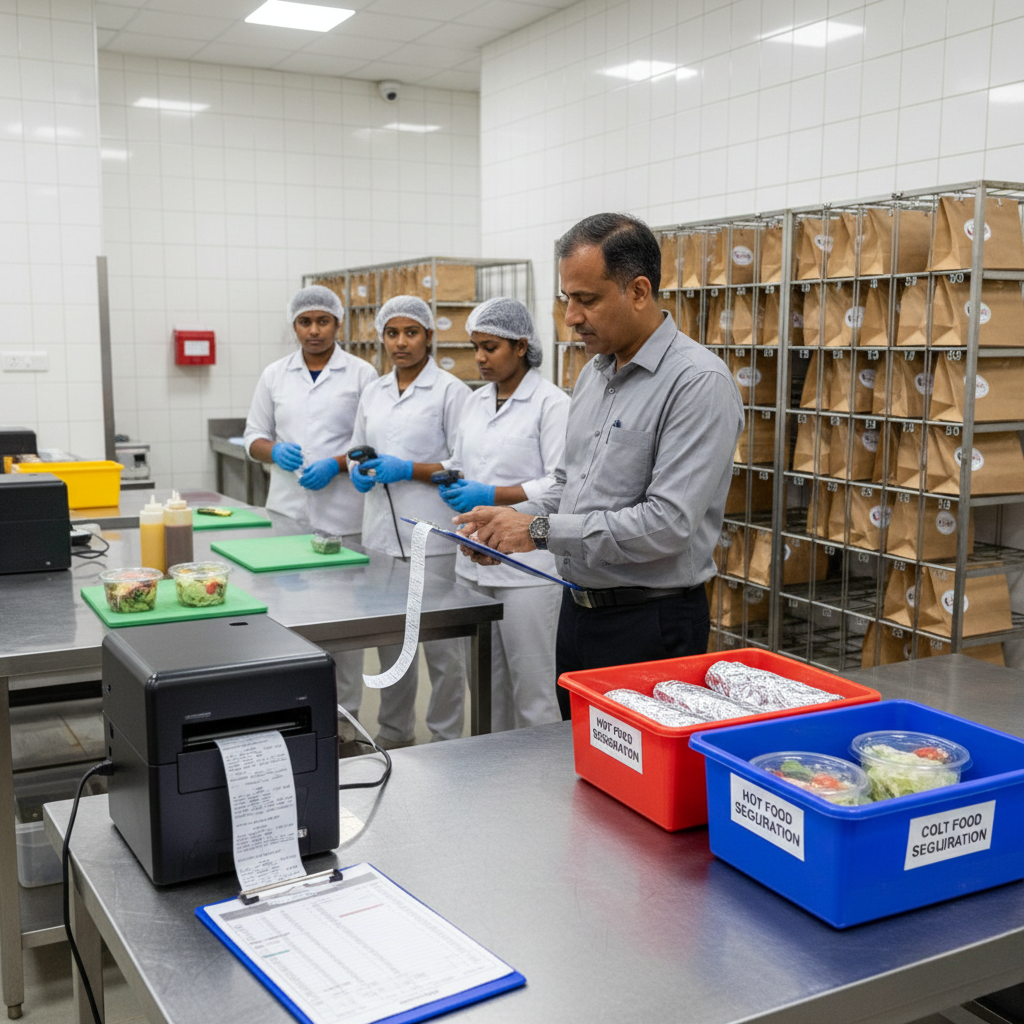In the fast-paced world of culinary ventures, food startups face an incredible challenge breaking into the market and establishing a strong brand presence. With the right marketing strategies, however, these emerging businesses can quickly move from obscurity to industry benchmarks. Here, we delve deep into actionable Marketing Tips for Food Startups that are essential for growth and success in this competitive industry.
Understand Your Market and Customer Base
The first step in crafting an effective marketing strategy is to thoroughly understand your target market. Who are your customers? What are their preferences, dietary restrictions, and spending habits? Conducting detailed market research will provide you with invaluable insights that form the backbone of your marketing efforts, ensuring that you tailor your products and communications to meet the exact needs of your audience.

Leverage the Power of Social Media
Social media is an indispensable tool for food startups. Platforms like Instagram, Facebook, and Twitter offer immense opportunities to showcase your products, engage with customers, and build a community around your brand. Use high-quality images and videos to make your dishes look irresistible. Regular posts, live sessions, and interactions through comments and messages help maintain engagement and foster a loyal customer base.
Optimize Your Online Presence
A robust online presence begins with a professionally designed website that is optimized for search engines. Ensure that your website is user-friendly, mobile-responsive, and filled with relevant content. SEO plays a crucial role here; integrate your focus keyword, Marketing Tips for Food Startups, strategically throughout your site to improve visibility and attract more organic traffic.
Content Marketing: Educate and Engage
Content marketing is more than just blogging; it’s about creating valuable content that educates and engages your target audience. Develop a content strategy that includes blogs, newsletters, and articles that provide cooking tips, nutritional information, and behind-the-scenes looks at your food preparation processes. This not only enhances your SEO efforts but also establishes your brand as a thought leader in the food industry.
Utilize Email Marketing
Email marketing remains one of the most effective channels for direct communication with your customers. Use it to send out updates, promotional offers, and personalized messages that encourage repeat business and customer loyalty. Segment your email lists to deliver more targeted and relevant content to different groups of customers based on their preferences and past interactions with your brand.
Partnerships and Collaborations
Partnering with other businesses and influencers in the food industry can significantly amplify your brand’s reach. Collaborate with local food bloggers, chefs, and other food-related businesses to cross-promote products and services. These partnerships not only increase your visibility but also add credibility to your brand.
Read Also : Effective Franchise Marketing Strategies for Food Businesses
Digital Marketing Strategies for Food Franchises
Implement a Referral Program
Word of mouth is particularly powerful in the food industry. Implement a referral program that incentivizes existing customers to refer new ones. Offering discounts or free products for every successful referral can effectively increase your customer base without substantial marketing expenditures.
Attend and Host Events
Participating in food fairs, festivals, and other events can provide direct exposure to potential customers. Hosting your own events or workshops can also engage the community and bring people directly to your doorstep. Use these opportunities to showcase your culinary skills and build relationships with your customers.

Monitor and Adapt
The food industry is constantly evolving, and so should your marketing strategies. Regularly monitor the performance of your marketing campaigns and be ready to adapt based on what works and what doesn’t. Use analytics tools to track website traffic, engagement rates on social media, and the effectiveness of your email marketing campaigns.
Conclusion
Starting and growing a food business in today’s market requires more than just great recipes; it demands smart, strategic marketing. By understanding your audience, maximizing online and social media presence, engaging through content, and building strong community relationships, food startups can effectively elevate their brand and thrive in the competitive culinary landscape.





